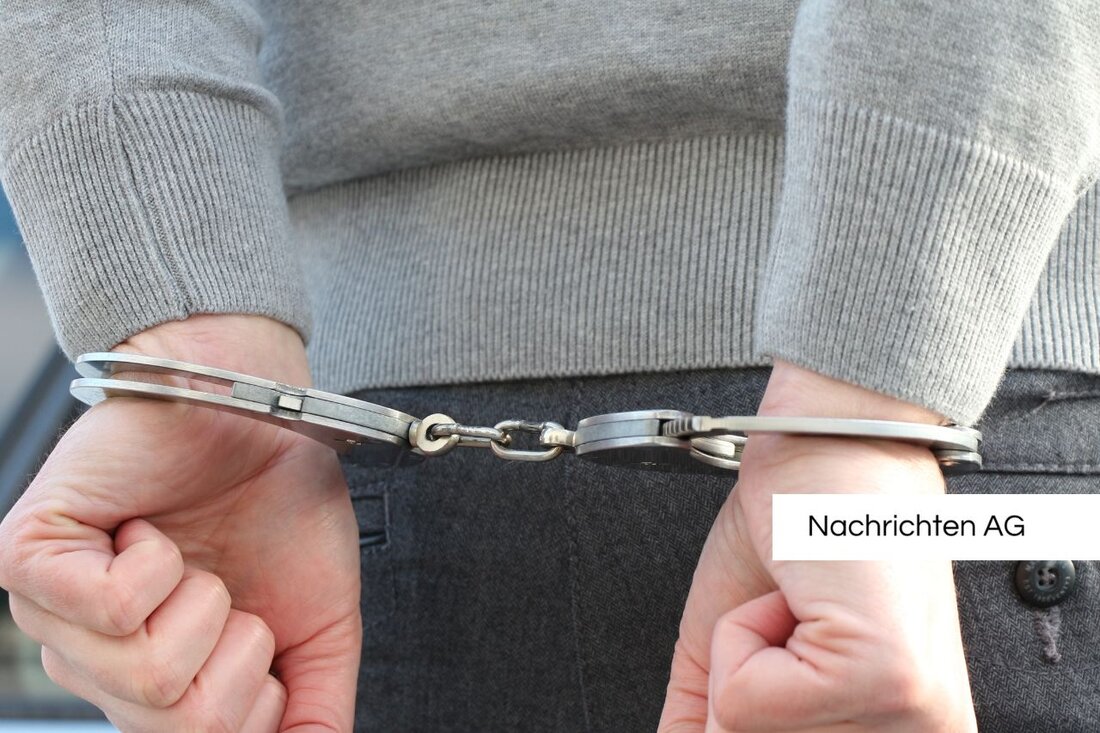By Ribbentrop: Arrested by the minister to the last Nazi war criminal!

By Ribbentrop: Arrested by the minister to the last Nazi war criminal!
Nürnberg, Deutschland - The name Joachim von Ribbentrop will awaken a dark memory in many. Born on April 30, 1893 in Wesel, the young Ribbentrop began his career as a volunteer in the First World War, where he was awarded the Iron Cross despite the horror of the war. After returning to the civilian world, he started his own business and opened a wine trade company for French wines and liqueurs. But a short time later he chose a different path and joined the NSDAP in 1932, much to the delight of Adolf Hitler, whom he admired. From 1938 he acted as the Reich Foreign Minister and was largely responsible for the foreign policy of the National Socialist regime. Historian Lu Seegers describes him as an ideologically closely connected to Hitler and as one of the co -managers for numerous crimes beyond the warfare at the time.
In the turbulent period towards the end of the Second World War, Ribbentrop fled from Berlin after having gold bars worth five million Reichsmark to Schleswig-Holstein. However, it did not occur to his plan to flee to Flensburg via the so -called “Ratsin line north”. Instead, from April 20, 1945, he hid under the pseudonym Riese in Hamburg. There he even tried to finance his escape through the sale of valuable cognac. He did not go unnoticed: a friend revealed him to the British occupation authorities, and so on June 14, 1945 he was arrested by the British military police.
The Nuremberg processes
The news of his arrest caused a sensation worldwide, after all, Ribbentrop was the last on the search list of the Nazi leadership team. His process took place as part of the Nuremberg processes, which reflected the zeitgeist at that time and the pursuit of justice. These processes were the first international court to punish war criminals in which individuals were held responsible and not just states. This was an important progress in international law.
ribbentrop, together with 23 other defendants, was charged with conspiracy, crimes against peace and war crimes. Despite his assertions to be innocent, he was guilty on October 1, 1946. The process was a so -called "document process", in which official documents and cinematic evidence played a central role. Many Germans only learned about the terrible crimes committed during the regime, which made the scope and relevance of these processes all the more clearer.
On October 16, 1946, Ribbentrop's life ended in a highly explosive way: he was executed. His body was then crooked and the ashes scattered in the Wenzbach. This enforcement of the judgment concluded a circle of responsibility that the Allies demanded in the Nuremberg processes to show the Germans the consequences of the actions of the Nazi regime. However, the legacy of these processes is ambiguous to this day, because they have also been criticized as a "winning justice". Nevertheless, it should be noted that they were a striking step in the legal examination of war crimes and are therefore part of the story that must not be forgotten.
The Nuremberg processes in which Ribbentrop played a central role are still considered a teaching apparatus for future generations to understand what it means to take on responsibility and to respect the principles of democracy and the rule of law. As part of the US reeducation program, they contributed to clarifying the German population about the atrocities of the National Socialist regime, which was of great importance in the post-war period.
for Ribbentrop and the other accused, the verdict was finally a desperate attempt to avoid the consequences of their actions, but the story did not let them get away. Today the case of Joachim von Ribbentrop is an urgent dunning finger for everyone who wants to ignore the teachings of the past.
| Details | |
|---|---|
| Ort | Nürnberg, Deutschland |
| Quellen | |
